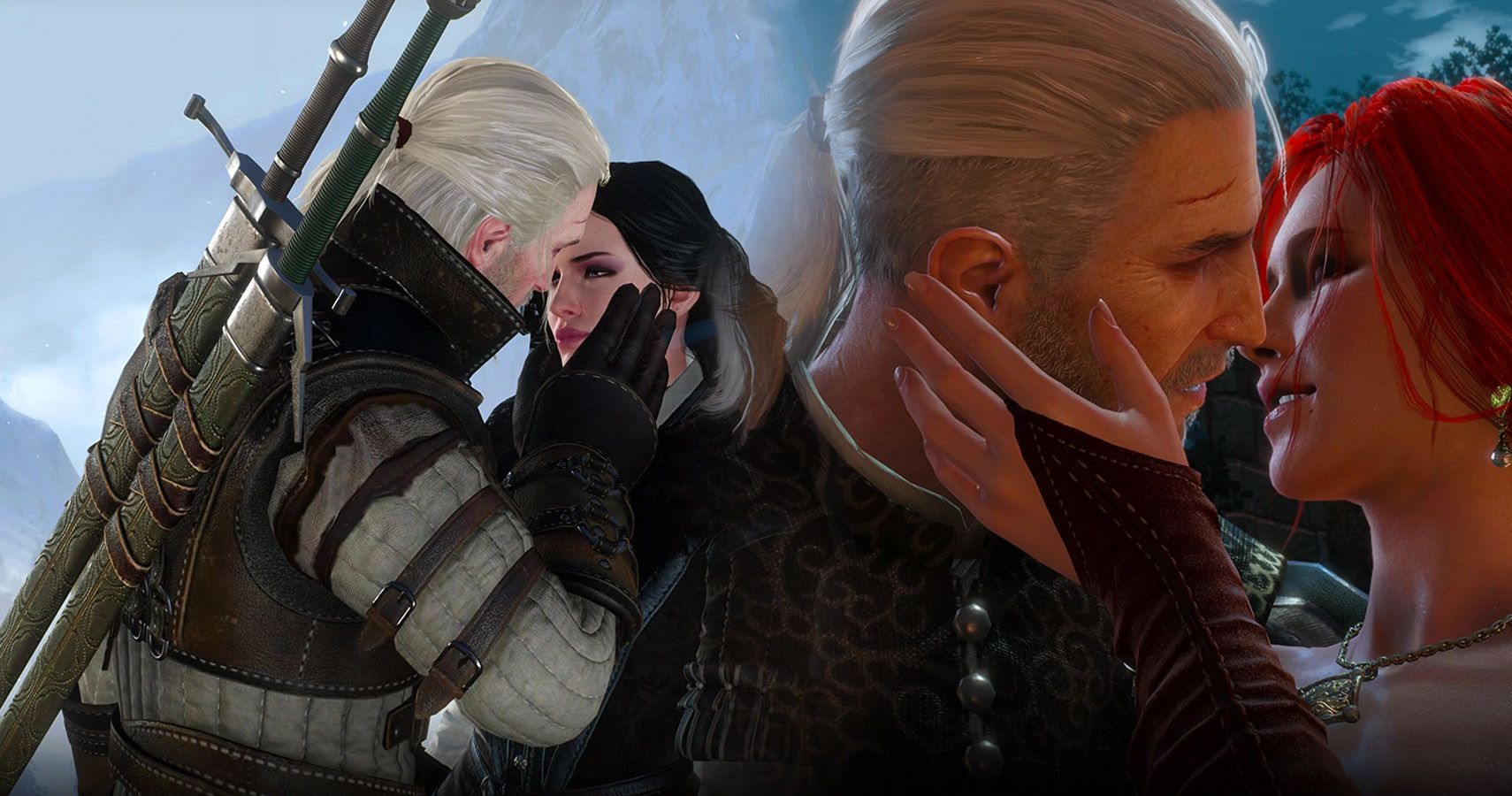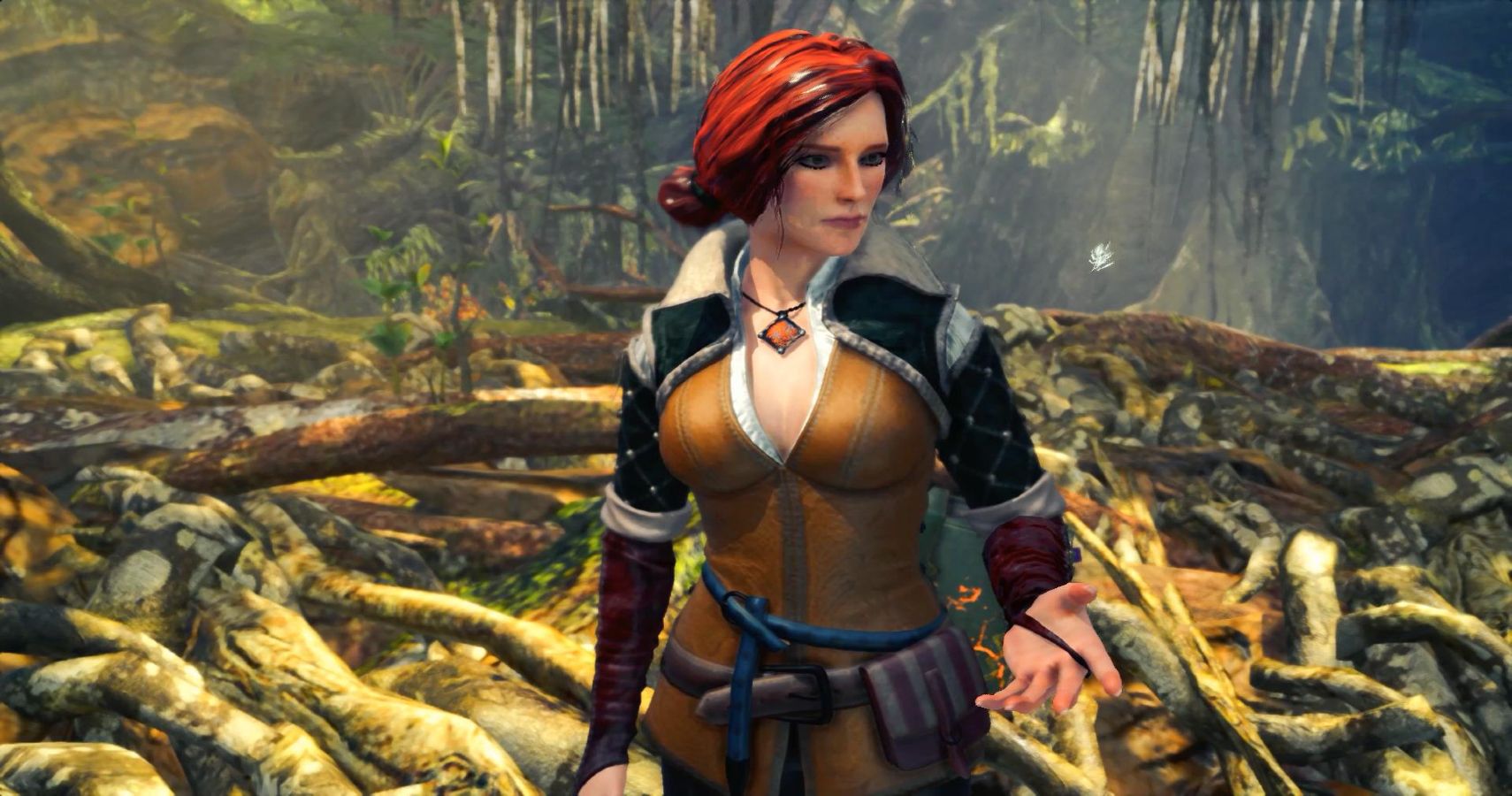

Being queer is increasingly recognized as a fundamental, immutable, and integral part of who many people - including religious Jews - are.Īcross the Orthodox world, there have been signs that this recognition is beginning to sink in. It is true that large swaths of the Modern Orthodox world, which adheres to many traditional interpretations of Jewish law, have repudiated the L.G.B.T.Q. identity is “nuanced” and that the formation of an L.G.B.T.Q.

In 2020 the university released a statement noting that “the message of the Torah on this issue” of L.G.B.T.Q. has repeatedly stalled, hedged and refused.

It didn’t take me long to feel that was by design.įor years, undergraduate student advocates have petitioned the school’s administration to approve a club for queer people and allies. There was little visible queer community and no designated space for us to gather. There were only a handful of out queer people on campus. When I first arrived at Yeshiva, I knew that by coming out, I would brand myself as an outlier. The university’s guiding principle, as well as the de facto motto of the Modern Orthodox movement, is Torah Umadda, loosely translated “Torah and general knowledge,” which asserts that Jewishness and Jewish faith can exist alongside, and even be enhanced by, secular concerns. Yeshiva, considered by many the premier Modern Orthodox educational institution, seemed to promise an Orthodox Judaism that offers the best of both worlds. I thought I needed to choose: I could be Jewish or different, Jewish or a feminist, Jewish or happy. While I did not find the courage to accept my bisexuality until college, the feeling of difference was all-encompassing, even as a young teen. I was born and raised in an ultra-Orthodox community in Borough Park, Brooklyn, that adheres to the traditions of pre-Holocaust European Jews. violated the New York City Human Rights Law by denying us the right to form an official L.G.B.T.Q. I graduated in January 2021 and in April, I was part of a group of alumni and current students who filed a lawsuit against Yeshiva in New York County Supreme Court. (In response to a request for comment on these and other allegations, a representative for Yeshiva said there were “factual inaccuracies” but declined to say what they were, and offered no further statement.) student group and failed to meaningfully address discrimination by rabbis, students and teachers at the school, actions that effectively encouraged queer students to stay in the closet or leave the university. The discrimination wasn’t just from fellow students: Administrators denied us the right to form a recognized L.G.B.T.Q. Over the next four years, I would face ridicule and bullying as a bisexual and nonbinary person advocating for the queer community at Yeshiva. It was my first encounter with casual bigotry at Yeshiva, but not my last. As the slur echoed in my mind, glasses clinked, cheerful conversations continued, and the only visible concern in the room was mine. But in that moment, my fantasies crumbled. “He’s a fag,” I overheard a student in a spiffy suit say to the woman seated next to him.Ī year earlier, as a senior at an all-girls Hasidic high school in Brooklyn in 2016, I had looked forward to being surrounded by open-minded, religiously committed Jews at the renowned Modern Orthodox university in New York City. I was at a festive Shabbat dinner with other undergraduates at Yeshiva University, a few months into my freshman year at its Stern College for Women. No one within earshot batted an eye at the slur.


 0 kommentar(er)
0 kommentar(er)
